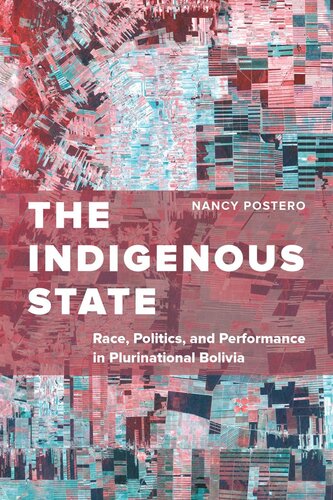

Most ebook files are in PDF format, so you can easily read them using various software such as Foxit Reader or directly on the Google Chrome browser.
Some ebook files are released by publishers in other formats such as .awz, .mobi, .epub, .fb2, etc. You may need to install specific software to read these formats on mobile/PC, such as Calibre.
Please read the tutorial at this link: https://ebookbell.com/faq
We offer FREE conversion to the popular formats you request; however, this may take some time. Therefore, right after payment, please email us, and we will try to provide the service as quickly as possible.
For some exceptional file formats or broken links (if any), please refrain from opening any disputes. Instead, email us first, and we will try to assist within a maximum of 6 hours.
EbookBell Team

0.0
0 reviewsA free ebook version of this title is available through Luminos, University of California Press’s Open Access publishing program. Visit www.luminosoa.org to learn more.
In 2005, Bolivians elected their first indigenous president, Evo Morales. Ushering in a new “democratic cultural revolution,” Morales promised to overturn neoliberalism and inaugurate a new decolonized society. In this perceptive new book, Nancy Postero examines the successes and failures that have followed in the ten years since Morales’s election. While the Morales government has made many changes that have benefited Bolivia’s majority indigenous population, it has also consolidated power and reinforced extractivist development models. In the process, indigeneity has been transformed from a site of emancipatory politics to a site of liberal nation-state building. By carefully tracing the political origins and practices of decolonization among activists, government administrators, and ordinary citizens, Postero makes an important contribution to our understanding of the meaning and impact of Bolivia’s indigenous state.